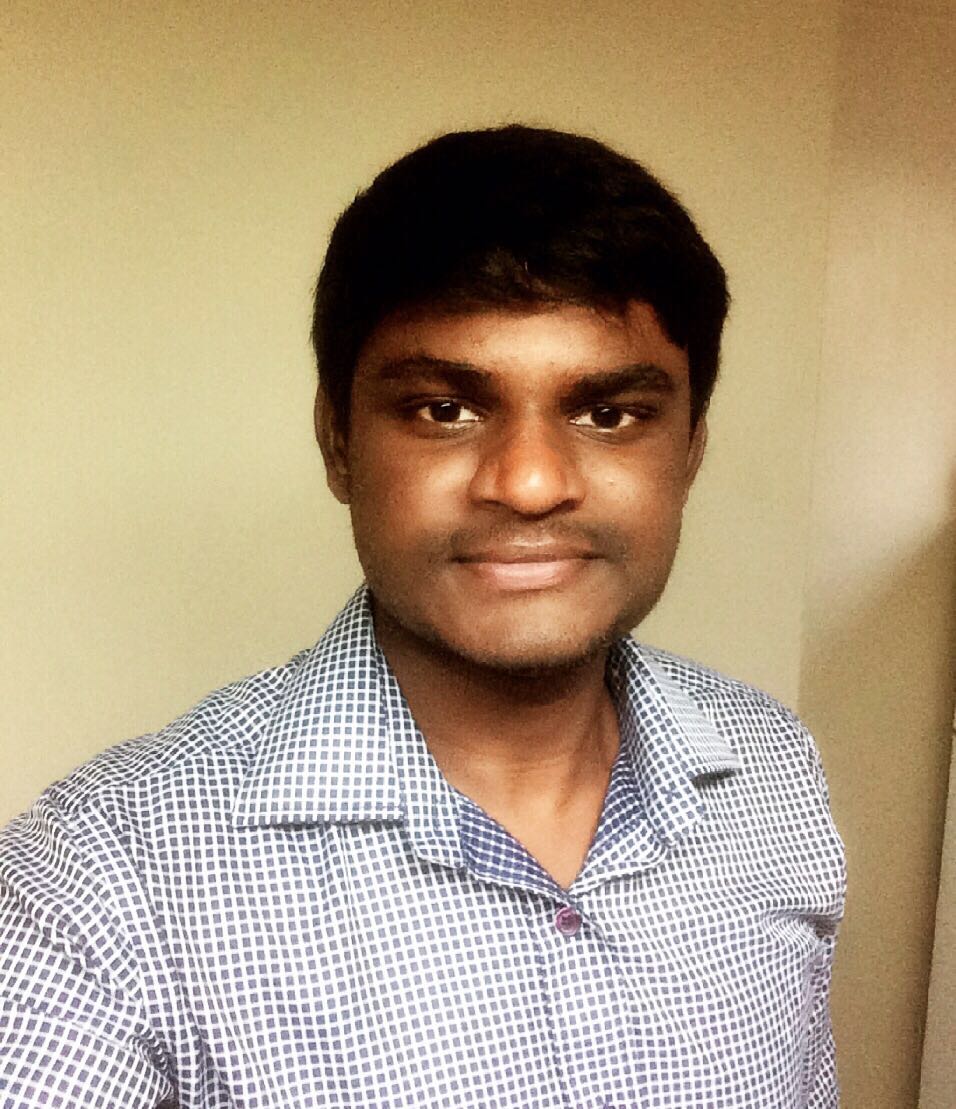Benefits and Challenges of Indian SaaS startups
26 Jun 2014
. category:
saas
.
Comments
#entrepreneurship
#startups
The SaaS model has flourished in recent years because of the benefits it offers to businesses of all sizes and types. According to Gartner, the SaaS market will grow to $22 billion by 2015 accounting North America’s share of 64% in SaaS revenue. This prediction seems to be a good catch for many Indian SaaS startups to have their footprints in North America especially the USA.
Few Indian startups like Freshdesk, RecruiterBox, Webengage, Wingify and Zoho have already made strong customer base in the USA and are running successfully. There are many benefits for SaaS vendors of India, which is making the above list lengthier, but there are also several challenges that need to be handled carefully.
SaaS is not only beneficial for consumers but also for vendors as they build it once and run it everywhere through the internet. Indian startups are leveraging this power of SaaS model thereby reaching out to the clients in different geographic units and also acquiring the share of potential SME market space in India. Almost all SaaS software have a free trial version to validate if the software is a good fit for one’s business, so by providing timely support over emails and on calls, the prospect can be converted to paid subscription service without sales cost.
One significant advantage Indian startups has is the economical operational costs like tax, office rent and salaries to best minds, so we can bill the best price in the market than competitors in western countries.
SaaS companies need to be agile just as their customer’s business and Indians are always open to new technologies and the present growing passion for entrepreneurship strengthens it more, Yes! Tech folks in India said bye to Objective-C just in one night after Apple’s WWDC 2014 Keynote session and are now gearing up to work on Swift.
Although Indian SaaS startups are well establishing and withstanding the market competition firmly there are several challenges they undergo. Indian SaaS startups face several challenges when scheduling data maintenance if there is only one data center for all clients with different time zones and performance issues like uptime with slow internet speed.
The success of SaaS vendor lies in the customer support, so an Indian startup should be available for the clients both during day and night to serve the customers in India and US.
Things get worse when the expectations in customer service are not met and clients may even rant about the company in social media, which supposed to have only positive reviews from clients that can help in bringing new customers. SaaS pricing model enables the consumers to switch vendors frequently, so it is important to go a step ahead in delivering happiness to the customer. This can be done by helping expand customer’s business instead of just serving their needs of activities, so Indian SaaS startups need to find apt customer success managers with great communication skills and attitude who can understand the client’s business and play vital role working with product engineering team and customers thereby bringing value to both sides.
Indian SaaS startups face challenges in acquiring new customers after a stable reach due to lack of marketing and sales team globally.
However, this problem can be addressed by few techniques like growth hacking, e-mail marketing and simple social media marketing techniques like retweeting the customer praises around 9 AM EST. And being a startup, hiring right resources is always a challenge and at the same time keeping current employees, product developers and CSMs happy is equally important till the product is completely stabilized and business is established.
So what’s your take on this topic? Has something to share? Do drop your valuable thoughts in comments below.
